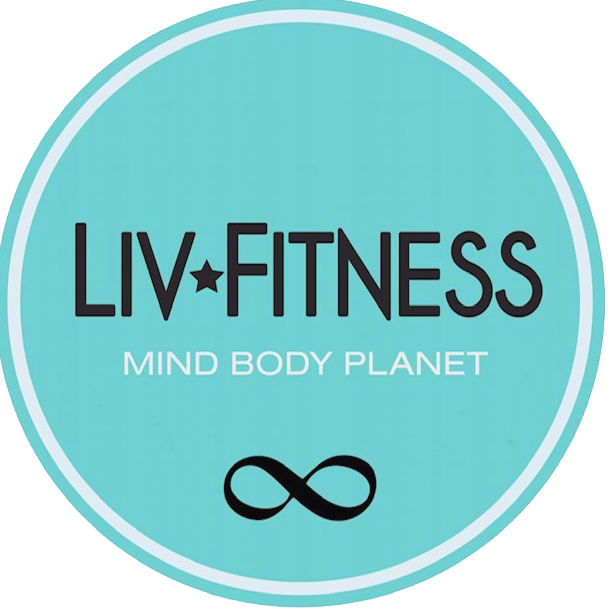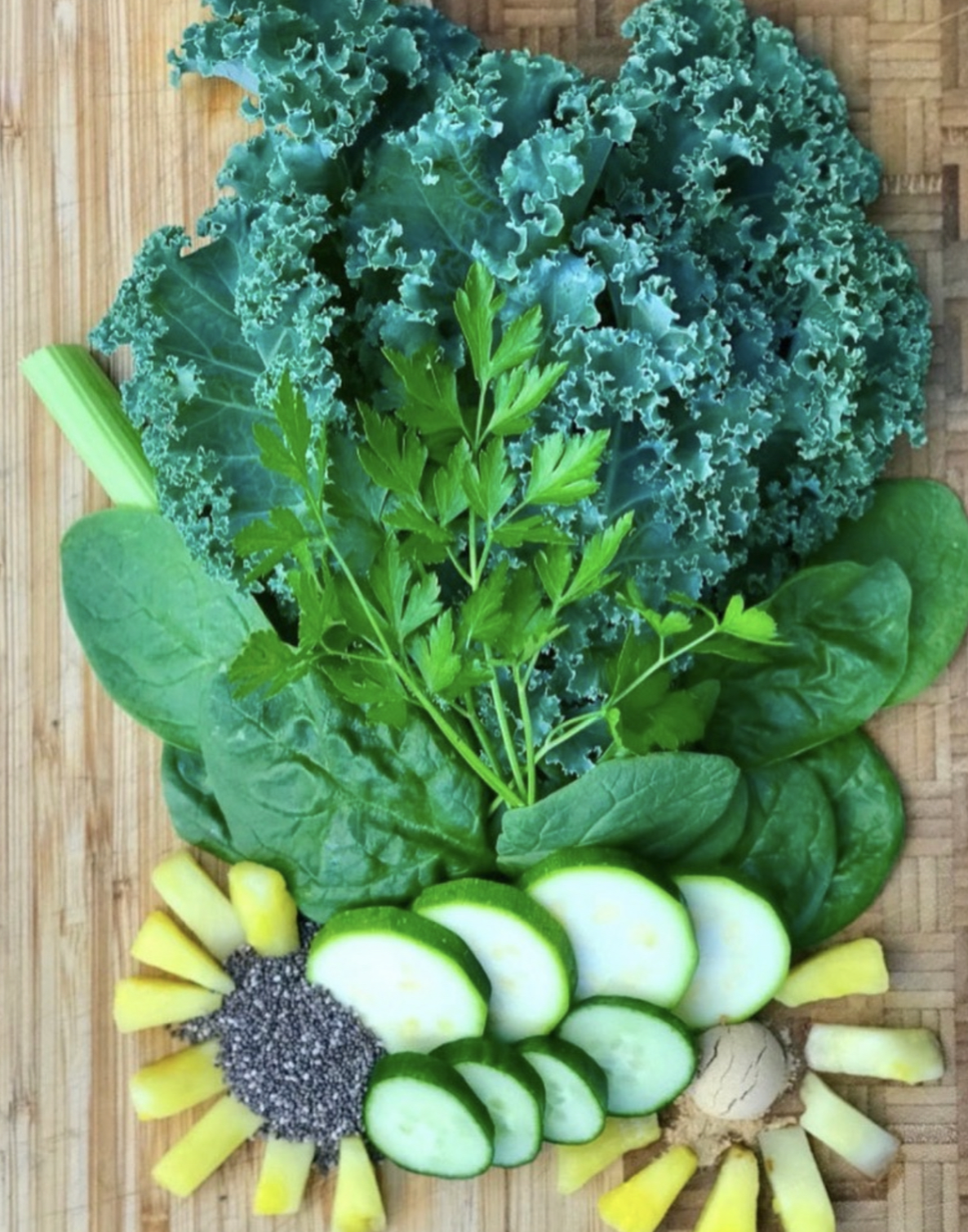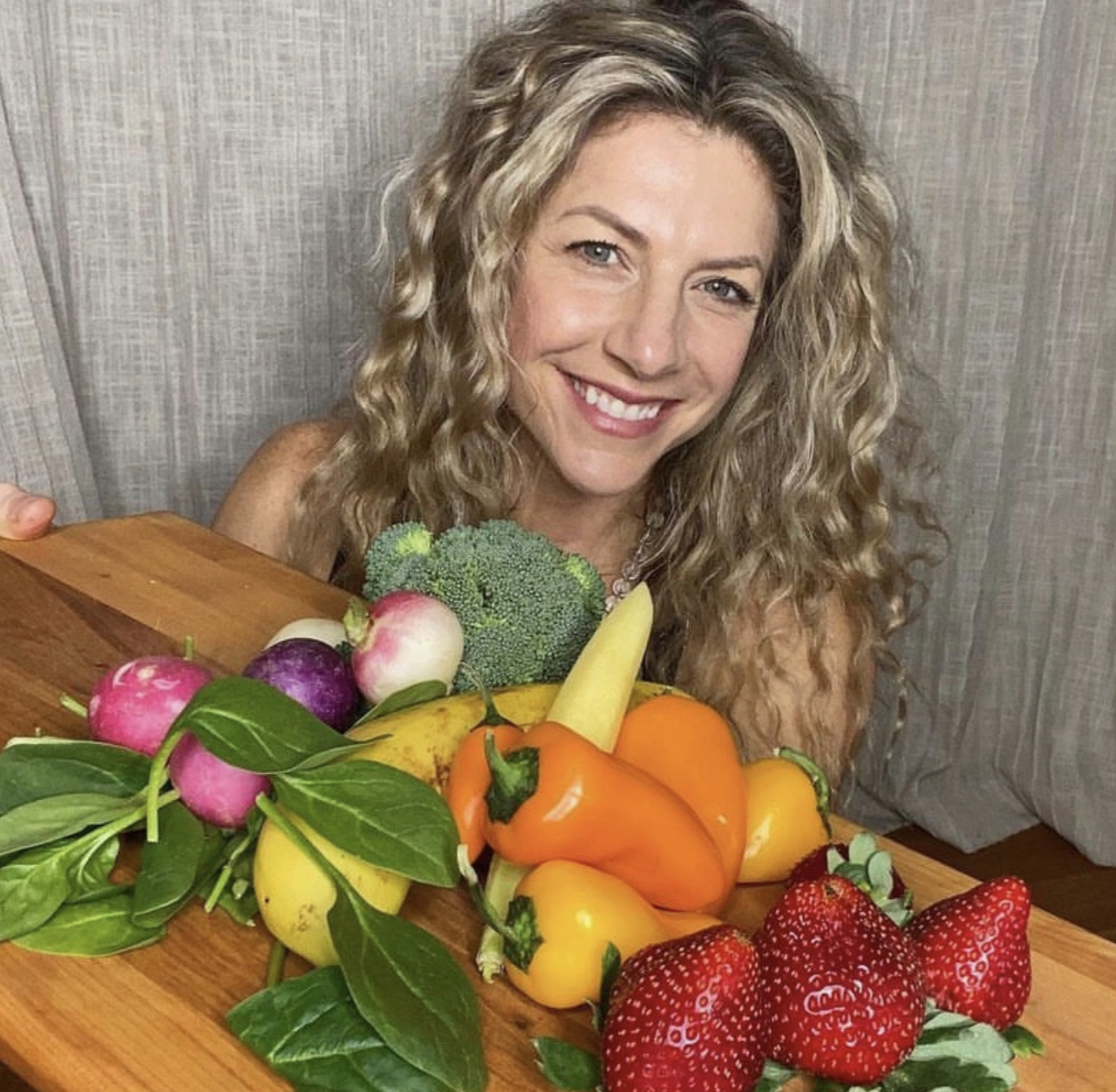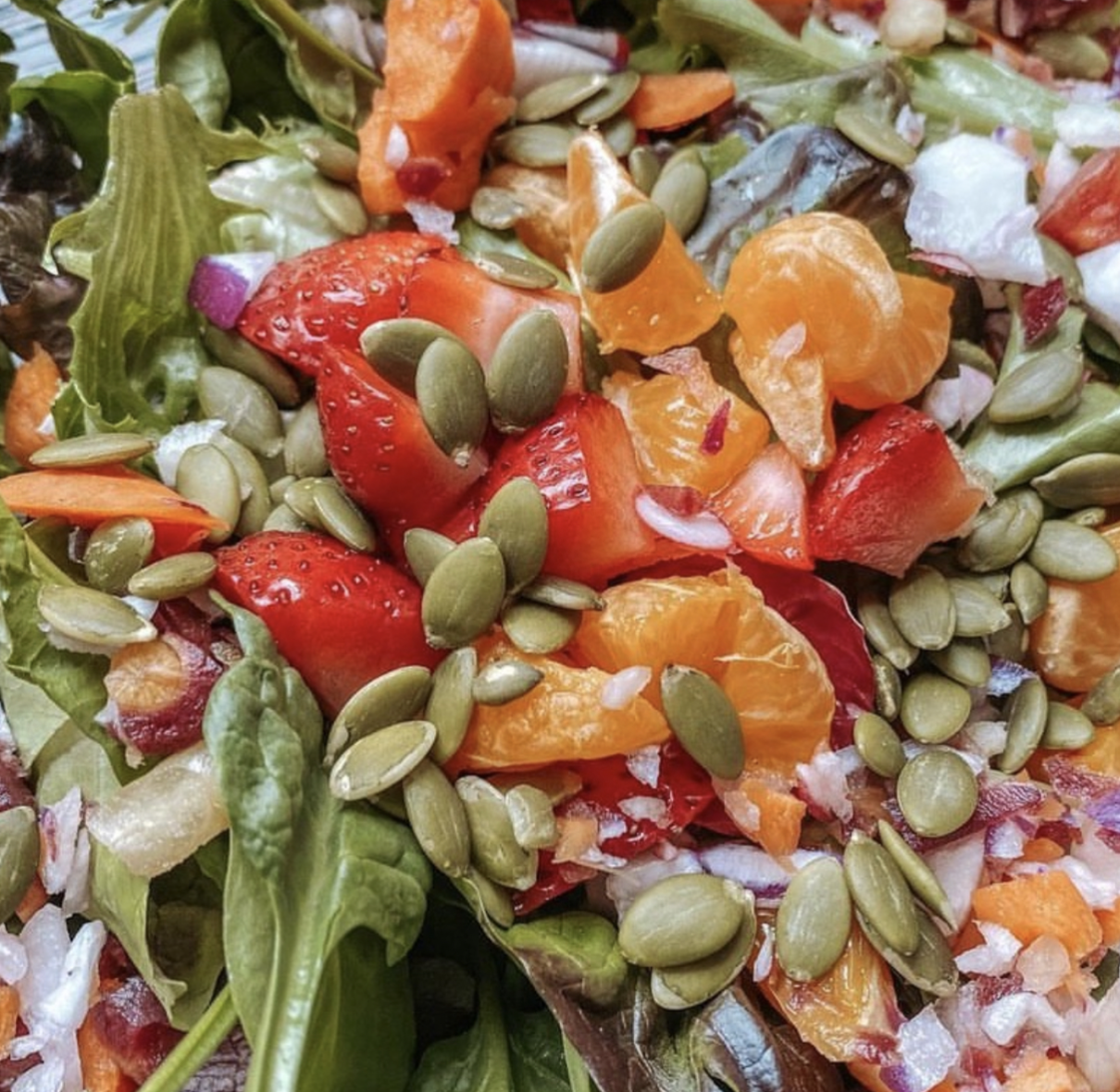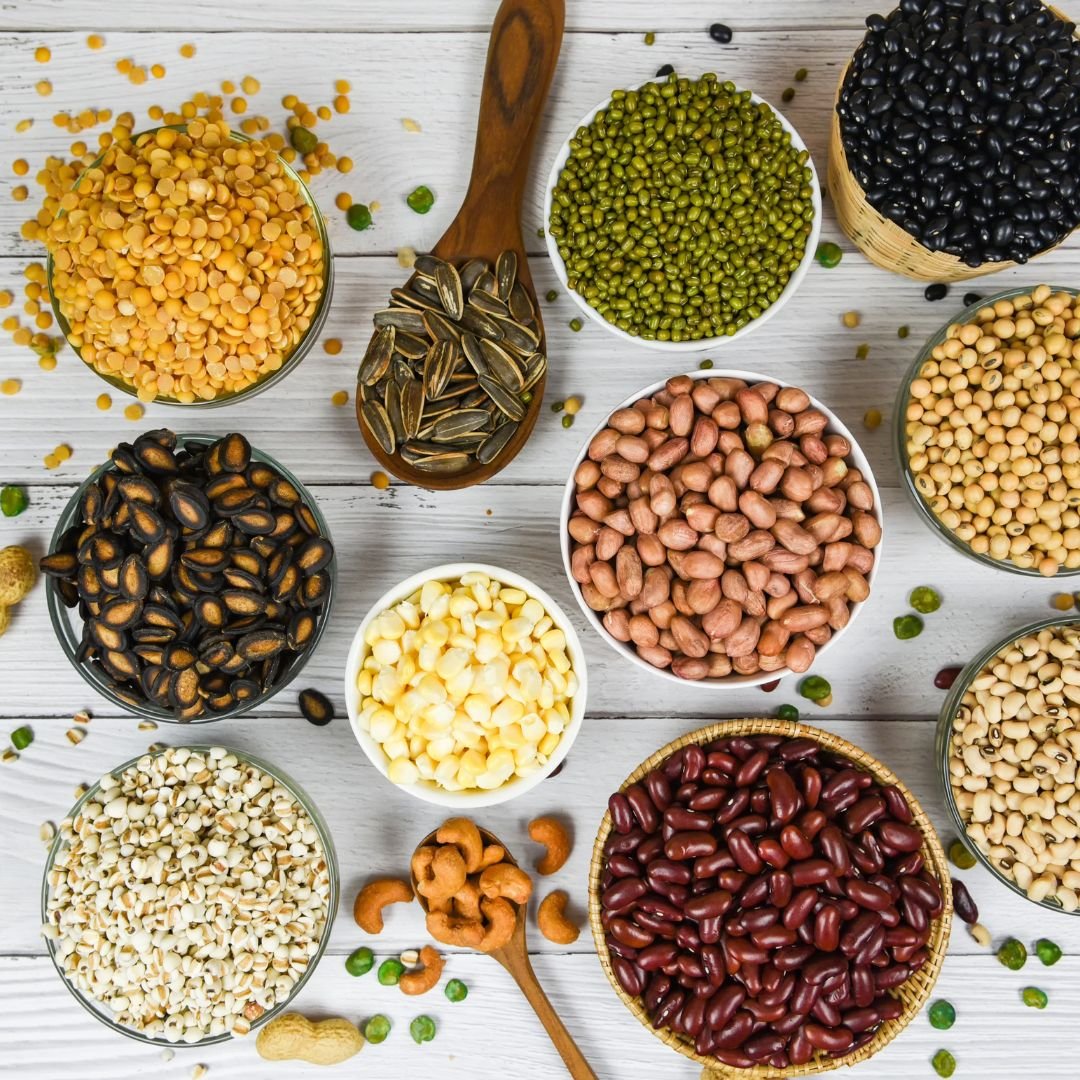Calories and Weight Loss: Only Part of the Story
When people decide that they want to lose weight, the first thing they tend to focus on is calories. It’s simple right? Reduce the amount of calories you take in through food and/or increase the amount of calories you burn through exercise and you’ll lose weight. In practice, when we take a closer look, we begin to see that this is only part of the picture.
Focusing only on calorie intake/output without considering the needs of the body is a huge reason why so many diet plans are unsustainable and either don’t work or don’t work for long. People end up back where they started (just more frustrated). Contrast this with what happens when people focus on nutrition and exercise for the health benefits – they often lose weight without trying. These people also tend to feel better and actually begin to enjoy their healthy lifestyle (rather than being miserable on a diet). When we enjoy something, we naturally want to continue it (instead of just waiting for it to be over). The people who focus on eating and exercising for health find it naturally easier to maintain any weight loss because they like the way they feel. Let’s take a closer look at this.
The body requires a certain number of calories per day in order to provide enough energy for all of the essential functions it needs to perform. This number is different for everyone and depends on many factors (including age, activity level, and body composition). The body also needs adequate amounts of essential nutrients to function properly. We get our calories and nutrients from the foods we eat every day.
The truth is that calories only tell you one piece of information about a food. The number of calories in a particular food doesn’t reflect the nutritional value. Just because a food is low in calories does not mean that it is a healthy (nutrient-dense) choice. The same is true in reverse – just because a food is high in calories does not make it an unhealthy choice.
Many processed foods are highly concentrated with fats and sugars which raise the calorie content without adding any nutritional value. The body processes the calories consumed but is still short on nutrients. The body then signals for more food so you continue to feel hungry and take in more calories, leading to excess calories and weight gain.
Whole, natural foods (such as fruits/vegetables/and whole grains) are naturally packed with nutrients. Instead of “empty” calories, the body gets calories along with vitamins/minerals/protein etc. When these needs get met, the hunger signal gets turned off. You no longer have to rely on will power to resist taking in more calories.
Furthermore, the volume of processed foods in relation to their calorie content tends to be low. Just think of the amount of cucumbers and carrots you would have to consume to equal the calories in one slice of cake. Also consider how full you would likely feel after eating that many vegetables! This is why we naturally tend to eat fewer calories when our daily food intake is based around whole, nutrient-dense foods, resulting in weight loss.
In summary, if you want to lose weight, place your focus on balanced nutrition rather than calories alone. Chances are you’ll feel more satisfied with fewer calories and sustainable weight loss will take care of itself.
